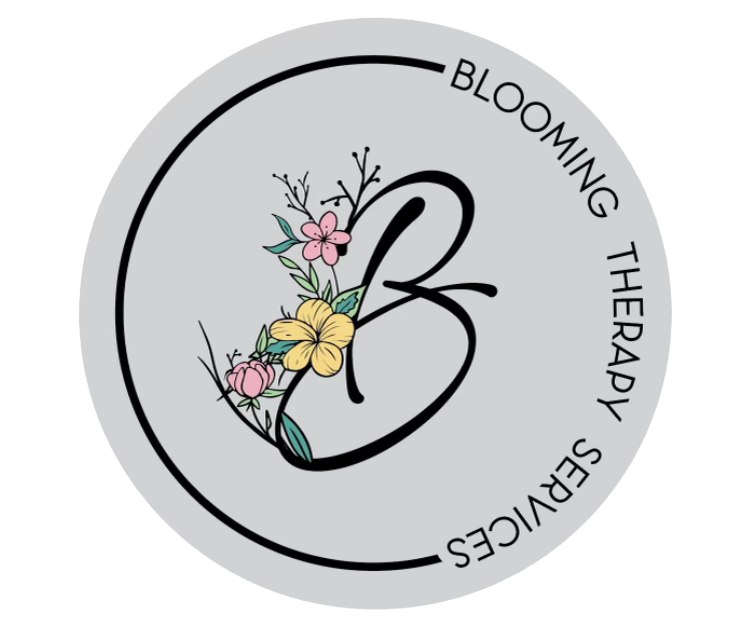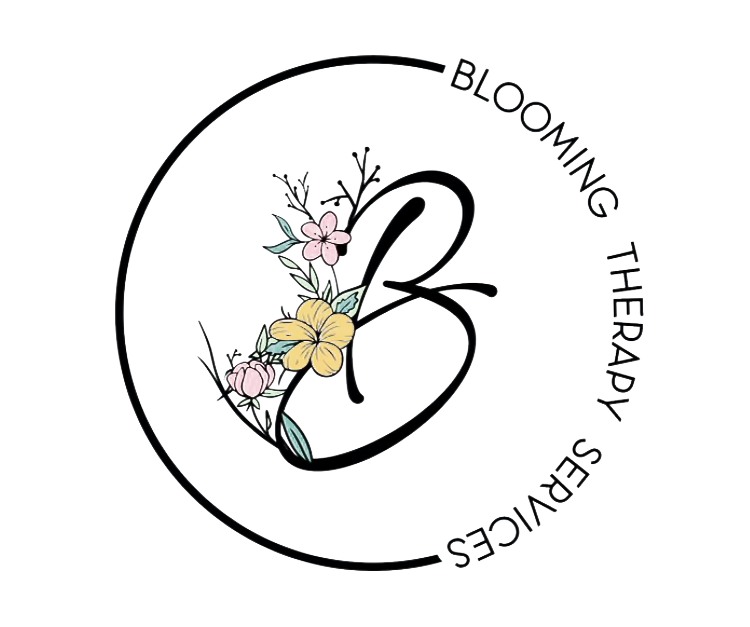A whining child is like nails on a chalkboard for many parents. If you do a quick Google or Pinterest search on this topic, you will find articles with really impressive titles like, “Stop Whining FOREVER!” or “Say THIS to Stop Whining INSTANTLY!”
Wouldn’t it be great if such a magical phrase or safe word existed? Unfortunately, there is no such thing because our children are human and therefore, emotional and imperfect. Whining will happen. Our goal as behavior therapists is to give you the tools to help reduce whining. Below are some tricks to try when the whining starts. Hopefully the odds are in your favor, and they can help stop whining before the noise drives you nuts!
- Whining generally happens because the kiddo wants or needs connection. (Or, they are tired,
hungry, hot, overstimulated, etc. Rule out any of these physical factors before trying the rest of
the items on the list). If you respond to whining with, “Quit your whining or give you something
to really whine about, “you are not connecting with your child. Try starting with a quick hug or
verbal affirmation. - Other ways to build that sense of connection is to get on their level, make eye contact, and
acknowledge their feelings in that moment. Try saying something like, “Hey kiddo, I see you are
having difficulty with _______________. I bet that is really frustrating for you.” Sometimes, just
having that moral support is enough to help them get back on track. It never hurts to remind
them that you are right there if they need help; all they have to do is ask! - Sometimes our kiddos need something a little less subtle. I’ve used the following:
“Do you need some cheese to go with that whine??” (a joke for older kiddos)
“Here’s a whine cup (literally hand them a cup). Why don’t you pour out that whine and
try again? (another joke for any age)
“I don’t understand you. Please try again in your big girl/boy voice.”
“I don’t like the sound of that whine. Try again in a nicer voice please.”
“I will gladly help when you ask me in a normal voice.” - There are times when the activity has just become too darn frustrating. The best course of
action is to ask your kiddo to step away and do something else until they can calm down. - The key to stopping any negative behavior is PRAISING the good behavior. (And I mean, really
go nuts here. Think your kiddo just cured cancer or stopped a speeding bullet with their teeth.)
Ok, maybe not that far, but make sure you specifically praise them for using a normal voice! If
you skip this step, you will definitely have a whiner on your hands forever! - Our last suggestion is a bit “out there.” I’ve never tried this with whining, but it has literally
stopped me from having the hiccups, so I feel it’s worth a shot if you are feeling desperate. In a
very serious voice with a very straight face, tell them they have to say “yes” to what you are
about to ask next. Then ask them a ridiculous, non-sense question: “Do you want to dance with
a dragon in the dining room after dinner?” Their brain may work so hard to work out that
question, that they short-circuit for a second. Maybe they laugh and that breaks that moment.
Maybe they are so confused they forget what they were whining about in the first place.
Hopefully it’s the reset you need to get them back in the game without whining.
Let us know which technique works for you and your kiddo or if you have another suggestion,
please feel free to share it with us! We can never have too many tools in our therapy toolbox!



